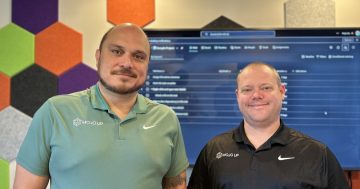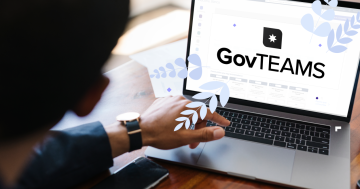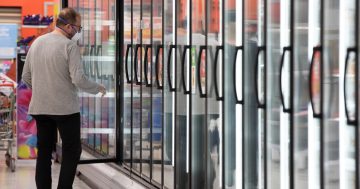Travis Bradberry* says always being busy isn’t necessarily a sign you are hard-working and productive — in fact it may be just the opposite.
 Being busy has somehow become a badge of honour. The prevailing notion is that if you aren’t super busy, you aren’t important or hard working.
Being busy has somehow become a badge of honour. The prevailing notion is that if you aren’t super busy, you aren’t important or hard working.
The truth is, busyness makes you less productive.
When we think of a super busy person, we think of a ringing phone, a flood of e-mails, and a schedule that’s bursting at the seams with major projects and side-projects hitting simultaneously.
Such a situation inevitably leads to multi-tasking and interruptions, which are both deadly to productivity.
David Meyer, from the University of Michigan, published a study that showed that switching what you’re doing mid-task increases the time it takes you to finish both tasks by 25 per cent.
“Multi-tasking is going to slow you down, increasing the chances of mistakes,” Professor Meyer said.
“Disruptions and interruptions are a bad deal from the standpoint of our ability to process information.”
Microsoft decided to study this phenomenon in their workers and found that it took people an average of 15 minutes to return to their important projects (such as writing reports or computer code) every time they were interrupted.
They didn’t spend the 15 minutes on the interrupting messages, either; the interruptions led them to stray to other activities, such as surfing the web for pleasure.
The Microsoft research scientist behind the project, Eric Horvitz said he was surprised by how easily people were distracted and how long it took them to get back to the task.
“If it’s this bad at Microsoft, it has to be bad at other organisations too,” Dr Horvitz said.
Beyond interruptions, busyness reduces productivity because there’s a bottleneck in the brain that prevents us from concentrating on two things at once.
When you try to do two things at once, your brain lacks the capacity to perform both tasks successfully.
In a breakthrough study, René Marois and his colleagues at Vanderbilt University used MRIs to successfully pinpoint a physical source for this bottleneck.
“We are under the impression that we have this brain that can do more than it can,” Dr Marois explained.
“We’re so enamoured with multi-tasking that we think we’re getting more done, even though our brains aren’t physically capable of this.
“Regardless of what we might think, we are most productive when we manage our schedules enough to ensure that we can focus effectively on the task at hand.”
In my recent article on practicing mindfulness, I said it increases your ability to focus and concentrate because it increases brain density in the anterior cingulate cortex.
As it turns out, multitasking has the opposite effect on this critical brain area.
Researchers from the University of Sussex compared the amount of time people spent on multiple devices (such as texting while watching TV) to MRI scans of their brains.
They found that high multi-taskers had less brain density. It’s as if being busy all the time (via multi-tasking) trains your brain to be mindless and unproductive.
I doubt these findings completely surprise you as we’ve all felt the distracting pull of competing tasks when we’re busy. So why do we keep doing it?
Researchers from the University of Chicago found the belief busyness is a sign of success and hard work is so prevalent that we actually fear inactivity.
A recent study there coined the term ‘idleness aversion’ to describe how people are drawn to being busy regardless of how busyness harms their productivity.
The researchers also found that we use busyness to hide from our laziness and fear of failure.
We burn valuable time doing things that aren’t necessary or important because this busyness makes us feel productive.
For instance, responding to non-urgent e-mails when you know you have a big project that you need to finish.
It’s tough, but you need to recognise when you’re using trivial activities to shield yourself from sloth or fear.
We are naturally drawn to being busy despite the fact this hinders our productivity. As it turns out, you really do have to slow down to do your best.
When you don’t, the consequences can be severe.
*Travis Bradberry is the award-winning co-author of the bestselling book, Emotional Intelligence 2.0, and the co-founder of TalentSmart. He can be contacted at talentsmart.com.
This article first appeared at talentsmart.com











